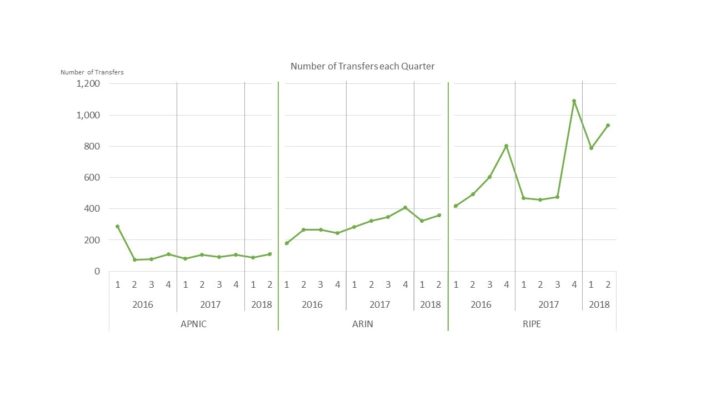For the most part, the dire warnings about running out of internet addresses have ceased because, slowly but surely, migration from the world of Internet Protocol Version 4 (IPv4) to IPv6 has begun since 2012, and software is in place to prevent the address apocalypse that many were predicting.
IPv6 is the latest version of the Internet Protocol, which identifies devices across the internet so they can be located. Every device that uses the internet is identified through its own IP address for internet communication to work. In that respect, it’s just like the street addresses and zip codes you need to know to mail a letter.
The previous version, IPv4, uses a 32-bit addressing scheme to support 4.3 billion devices, which was thought to be enough. However, the growth of the internet, personal computers, smartphones and now the Internet of Things devices proves that the world needed more addresses.
technologies accelerating in their uptake, means there is a limited opportunity to sell IPv4 resources.

Telecom companies, internet service providers, cloud companies, and internet content providers require IPv4 addresses. Now is the opportunity for companies in possession of IPv4 resources to sell their excess holdings.



